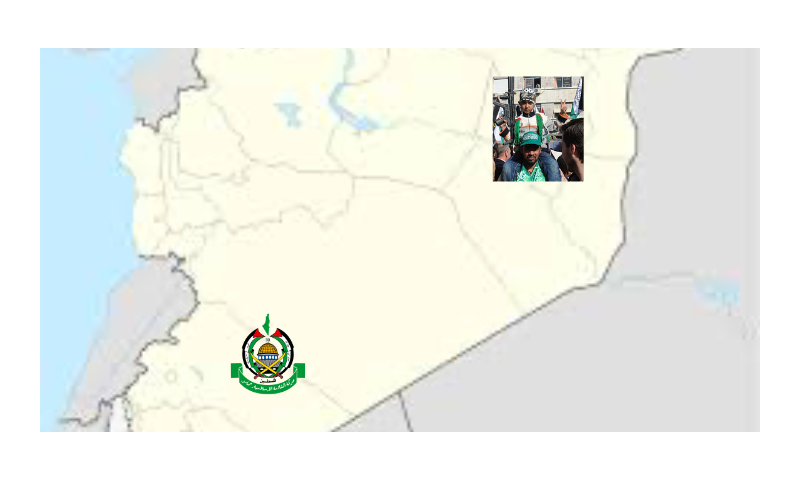“The presence of the members of the Hamas political office in Damascus indicates the return of relations with Syria to what it was before.”
Amid broadening insecurity and clashes between the Israelis and the Palestinian groups in various parts of the occupied West Bank and only a week after Naqab 2 summit in Jordan, a delegation of Hamas in an in triguing move visited Damascus.
In recent months, the relationship between Syrian government and Hamas witnessed a considerable development towards rebuilding and restoration of the past unity and cooperation. After a meeting between a high-ranking Hamas delegation and President Bashar al-Assad of Syria in October last year, Hamas spokesman Hazem Ghasem commented on the arrangements to improve relations, saying: “Continuous effort to restore relations started with the mediation of the regional parties, especially members of Axis of Resistance, and then messages were exchanged until we reached this meeting.”
After start of the Syrian crisis a decade ago, Hamas-Damascus relations grew strained. Hamas leaders led by Khaled Masha’al, then chief of Hamas Political Office in Damascus, in February 2012 left Syria which was their seat for several decades. The movement closed down all of its offices and ceased all of its activities in the crisis-hit country.
However, in 2017, Hamas announced its split from the Muslim Brotherhood (MB), which analysts interpreted as a prelude to a return to Syria by demonstrating political independence and distance from Turkey and Qatar, both supporting MB-affiliated governments in the region. The MB has been banned in Syria since the 1980s, and the group was one of the most prominent elements of the armed opposition in Syria after the crisis erupted. On the Syrian side, such signals were sent out by the Syrian government before the full restoration of relations. Al-Assad, in a meeting with a number of Palestinian resistance leaders in May 2021 after the battle of Hamas’s Operation Sword of Al-Quds against the Israeli regime said, “Greetings to all the resistance fighters in Gaza. Syria’s doors are open to all Palestinian resistance factions, and Syria is politically and militarily at the heart of the Axis of Resistance against the Israeli occupation.” … [To read the full article, click here]


